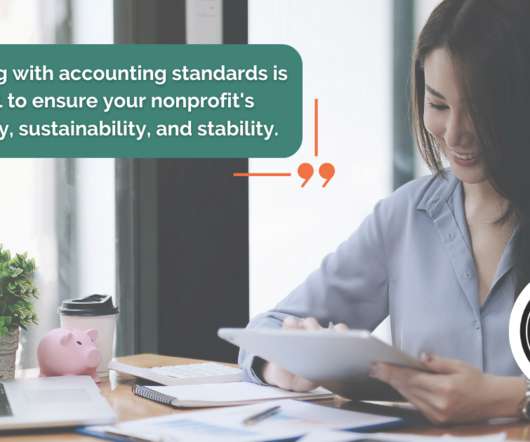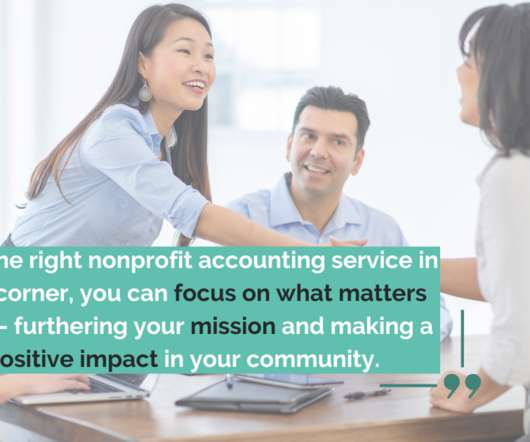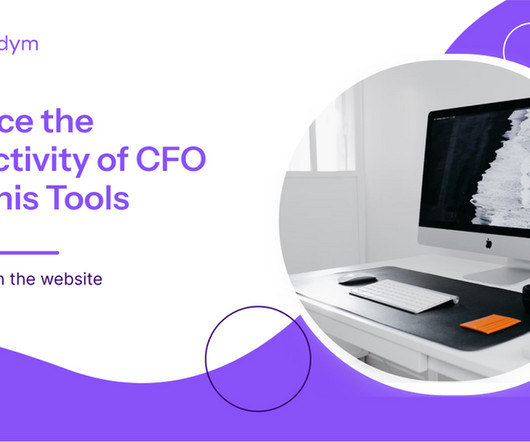IBM Cognos Controller: Financial close management managed by the office of finance
Future CFO
APRIL 18, 2022
It also helps finance teams deliver financial results, create informative financial and management reports, and provide the chief financial officer (CFO) with an enterprise view of key financial ratios and metrics. It enables finance teams to automate and accelerate the financial close with minimal IT support. DOWNLOAD NOW.














Let's personalize your content